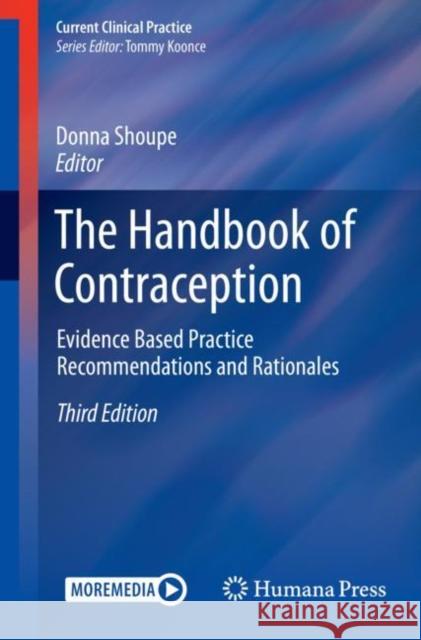The Handbook of Contraception: Evidence Based Practice Recommendations and Rationales » książka
topmenu
The Handbook of Contraception: Evidence Based Practice Recommendations and Rationales
ISBN-13: 9783030463908 / Angielski / Miękka / 2020 / 423 str.
Kategorie BISAC:
Wydawca:
Humana
Seria wydawnicza:
Język:
Angielski
ISBN-13:
9783030463908
Rok wydania:
2020
Wydanie:
2020
Numer serii:
000037722
Ilość stron:
423
Waga:
0.59 kg
Wymiary:
23.52 x 16.08 x 1.65
Oprawa:
Miękka
Wolumenów:
01











